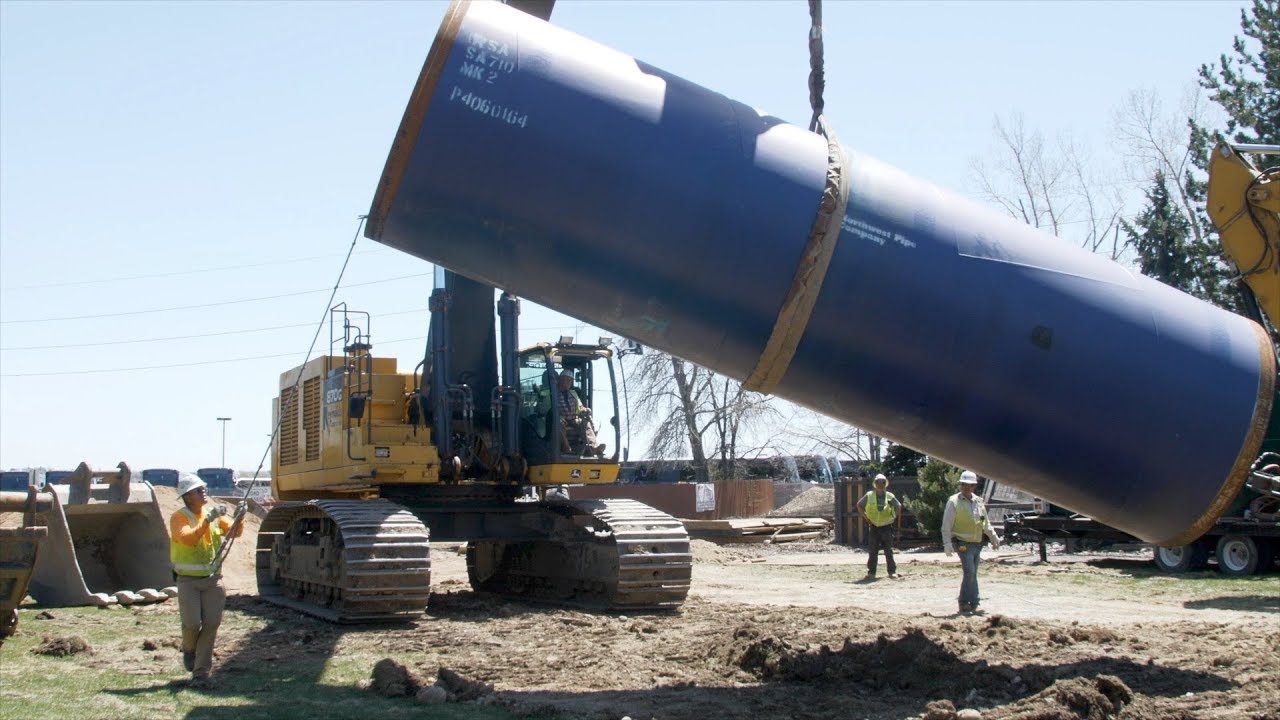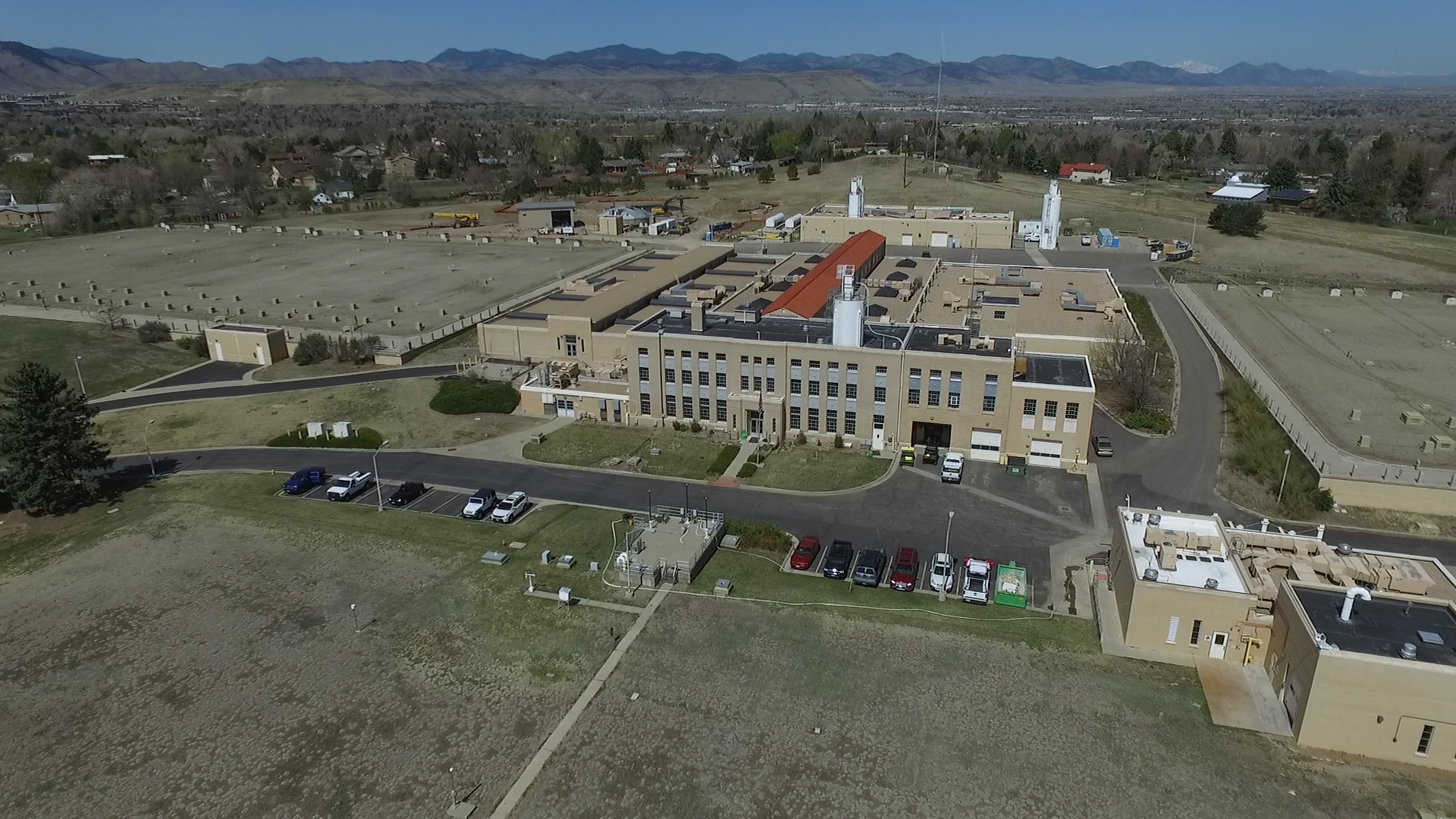
Paying for a five-year, $1.3 billion capital plan
The cost to operate and maintain Denver Water’s complex system of water collection, treatment and distribution facilities continues to rise as the organization improves its ability to react to changing weather patterns.
The result: Denver Water needs $8 million more from customers in 2019.
It’s a figure that’s kept as low as possible, with Denver Water balancing the need for additional revenue from customers with its decision to use $53 million from its reserve fund.
The money will help pay for this year’s portion of a five-year, $1.3 billion capital plan that includes 158 different projects. These projects are designed to maintain or upgrade infrastructure and ensure Denver Water has the flexibility needed to ensure a reliable water supply as weather patterns become more uncertain and the population grows.
“It’s our goal to have slow and steady rate increases with even, annual adjustments that allow our customers to plan ahead and avoid rate shocks,” said Fletcher Davis, the rates manager for Denver Water.
How much individual customers will pay for water under the new rates beginning Feb. 1, 2019, depends on where they live and how much water they use. Denver Water serves 1.4 million people in Denver and surrounding suburbs.
Denver Water’s bills are divided into two parts.
The first part, a flat monthly fee, will rise for all residential customers by 55 cents per month.
The second part of the bill, based on the amount of water the customer uses, will vary depending on the customer and where they live.
Single-family customers who live in Denver will only have the flat monthly fee increase added to their rates. So, if they use water the same as they did in 2018, most will only see a $6.60 increase next year.
For customers outside the city, Denver Water’s charter requires suburban customers pay the full cost of service to provide them with water, plus an additional amount. Because of the charter’s mandate, and other factors highlighted in “Why Denver water costs more in the ’burbs,” there will be an additional increase based on the price per 1,000 gallons of water used each month.
Single-family customers who live outside Denver and use 102,000 gallons per year are expected to see their 2019 annual water bill increase between $23 and $41, depending on where they live and what type of service they get from Denver Water.
The Technical Advisory Committee, made up of representatives from 15 of the 65 suburban water districts Denver Water serves, meets every year to study Denver Water’s financial and cost-of-service analyses as rates are being set. The committee pays attention to how service costs fall on the shoulders of suburban customers compared to customers who live in Denver.
The committee’s goal is to ensure suburban customers are paying their fair share of the costs.
“The advisory committee supports the rate increases. The expenses are going up, but they’re all projects that are necessary to provide a reliable and safe source of water,” said Pat Fitzgerald, the chairman of the committee. Fitzgerald also is the general manager of four Denver Water distributors, including the Platte Canyon Water & Sanitation District, that serve customers on the southwest side of the metro area.
“The cost-of-service study is fair and reasonable, and the committee had no objections to the results,” he said.
The project list includes the construction of the new, state-of-the-art Northwater Treatment Plant near Highway 93, which broke ground in September. Also on the list is a new, 8.5-mile pipeline to carry drinking water from the new plant into Denver, the planned expansion of Gross Reservoir, and construction of a new water quality lab to ensure Denver Water maintains the highest water quality standards.


